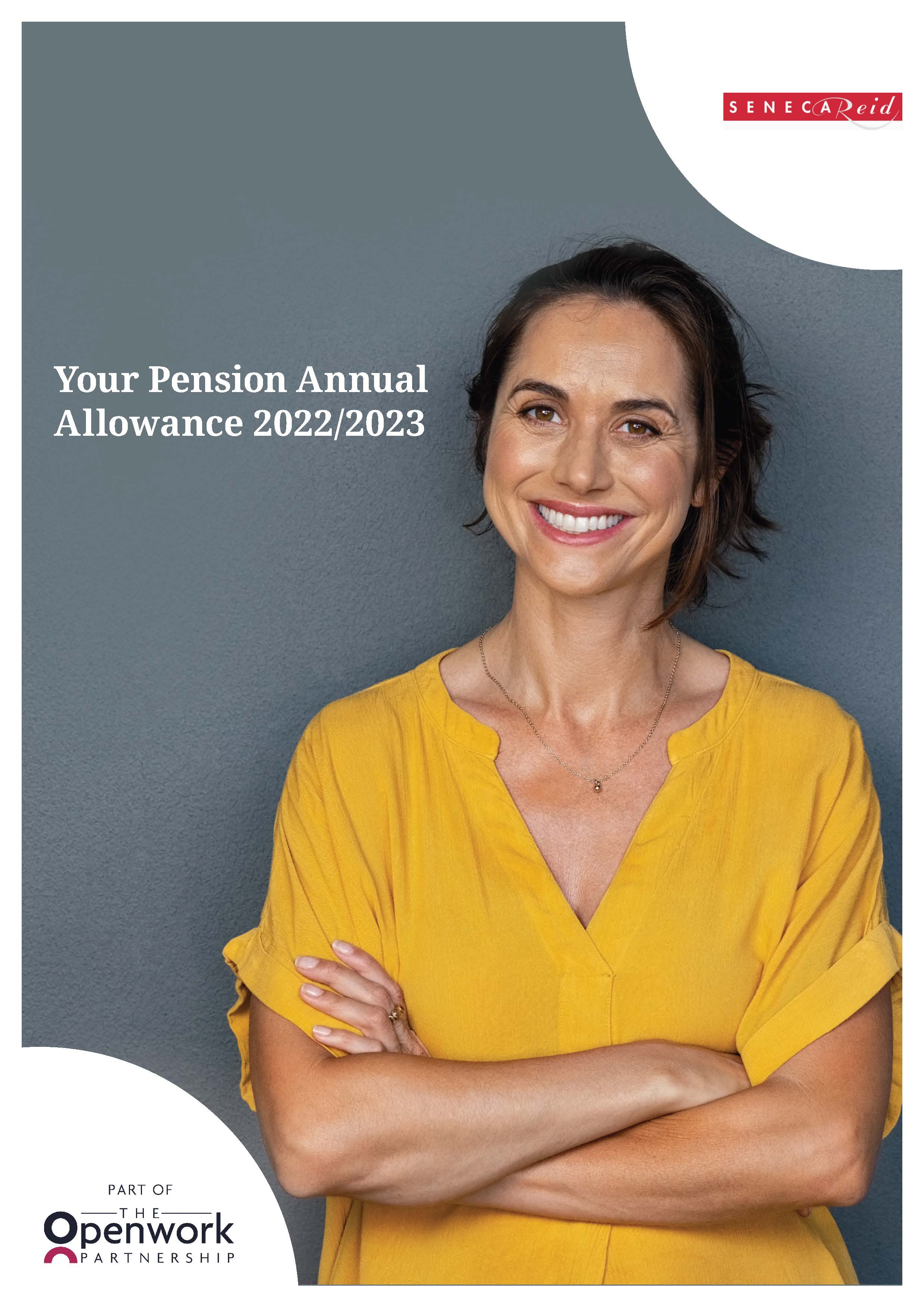Pensions & Divorce
With pensions being most people’s second-largest asset, they can become a major consideration in any divorce settlement.
1. Previous Legislation
Whilst the consideration of pension benefits within divorce settlements was an issue in the 1969 study by the Law Commission, the key legislation has been:
- Matrimonial Causes Act 1973 - Ss 23-25 deal with the provision of a ‘clean break’ wherever possible.
- Pensions Act 1995 (PA) - The PA requires courts to take pension rights into account when assessing assets on divorce. It introduced the concepts of earmarking pension benefits as well as the basis for cash equivalent transfer values (CETVs) for assessing the value of a pension on divorce.
- Welfare Reform and Pensions Act 1999 - The Act brought in the option of Pension Sharing On Divorce from December 2000. The thrust of the legislation is to attempt a ‘clean break’ settlement for pension funds on divorce. The legislation states that pension benefits will still be taken into account in divorce settlements. Offsetting and earmarking will still be options to consider, however a new (and probably much more appropriate) option was introduced which allows the pension benefits to be shared or split between the parties at the time of the divorce.
2. Offsetting
This simply means that the pension funds are valued, included within the overall assets of the divorcing parties and, instead of one party being awarded a portion of the other’s pension pot, they are instead given a greater share of a different asset (often the family home) and the pension is left alone.
In an ideal world, this system would be by far the simplest and arguably the best solution. Unfortunately, however, many people do not have sufficient non-pension assets to enable offsetting to be used.
3. Attachment Order (Earmarking Order in Scotland)
Attachment (earmarking in Scotland) can apply to all private pensions (including those in payment), but not state benefits.
It involves the court issuing an attachment order to the pension scheme. This attachment order requires the scheme’s trustees to pay a proportion of the member’s benefits directly to the ex-spouse, when the benefits are taken.
The court can also earmark a proportion of the member’s ‘death in service’ lump sum, and widow(er)’s pension benefits, for the protection of their ex-spouse.
Earmarking has many problems, not least that the pension remains under the control of the member. If he or she decides not to retire, invest riskily, or take any other action prejudicial to the ex-spouse there is nothing that they can do about it. In addition:
- If either party remarries, the earmarking lapses.
- Earmarked benefits are all taxed at the highest rate of the pensioner, irrespective of the tax rate for the ex-spouse.
If there is the likelihood that either party will remarry prior to retirement age, then - except for some safeguard on the life cover side - this procedure is probably a costly waste of time.
4. Pension Sharing
Pension sharing applies to all pensions, apart from the state basic old age pension and the new state pension (except any protected payment).
All pension benefits are valued (see CETV below). The share can be granted by way of a transfer to from one scheme to another, or by one party becoming a ‘paid up’ member of the other's company pension scheme.
This latter option is rarely used, as the retaining scheme will not wish to have the increased costs, disclosure requirements and administrative inconvenience associated with additional members (non-employees).
The rules allow schemes to insist on ‘buying out’ the spouse’s benefits, if the scheme considers it appropriate. Most schemes insist on this route. The exception is usually the government and Local Authority schemes, which are ‘pay as you go’ (unfunded except for the local government scheme) and therefore reluctant to pay large transfer values.
Pensions that are already in payment (eg. through an annuity) can be ‘unbought’, split and ‘rebought’ using the annuity rates applicable at the date of divorce.
The biggest problem with pension sharing is the cost. Schemes are entitled to charge for the calculations and administration involved in splitting the benefits. The recipient must also consider the cost of any required financial advice, which may make the entire process uneconomical.
At present, little consideration has been given to “co-habitant” relationships, although it is the subject of significant lobbying.
5. Cash Equivalent Transfer Value (CETV)
A CETV represents the expected cost of providing the member's benefits within the scheme. In the case of money purchase benefits, this is generally straightforward – it is the accumulated contributions made by and on behalf of the member together with investment returns. In the case of defined benefits, the CETV is a value determined on actuarial principles, which requires assumptions to be made about the future course of events affecting the scheme and the member's benefits.
6. Summary
Pension sharing could be used in many divorce cases, where offsetting is not an option. The cost though will be a key issue. Any transfers will have to be sufficient to warrant the large costs involved in calculating and organising the new arrangements.
A pension is a long term investment. The fund value may fluctuate and can go down. Your eventual income may depend on the size of the fund at retirement, future interest rates and tax legislation.



When using these social links you will be departing from our regulatory website. Seneca Reid Ltd is not responsible for the content of any third party websites.